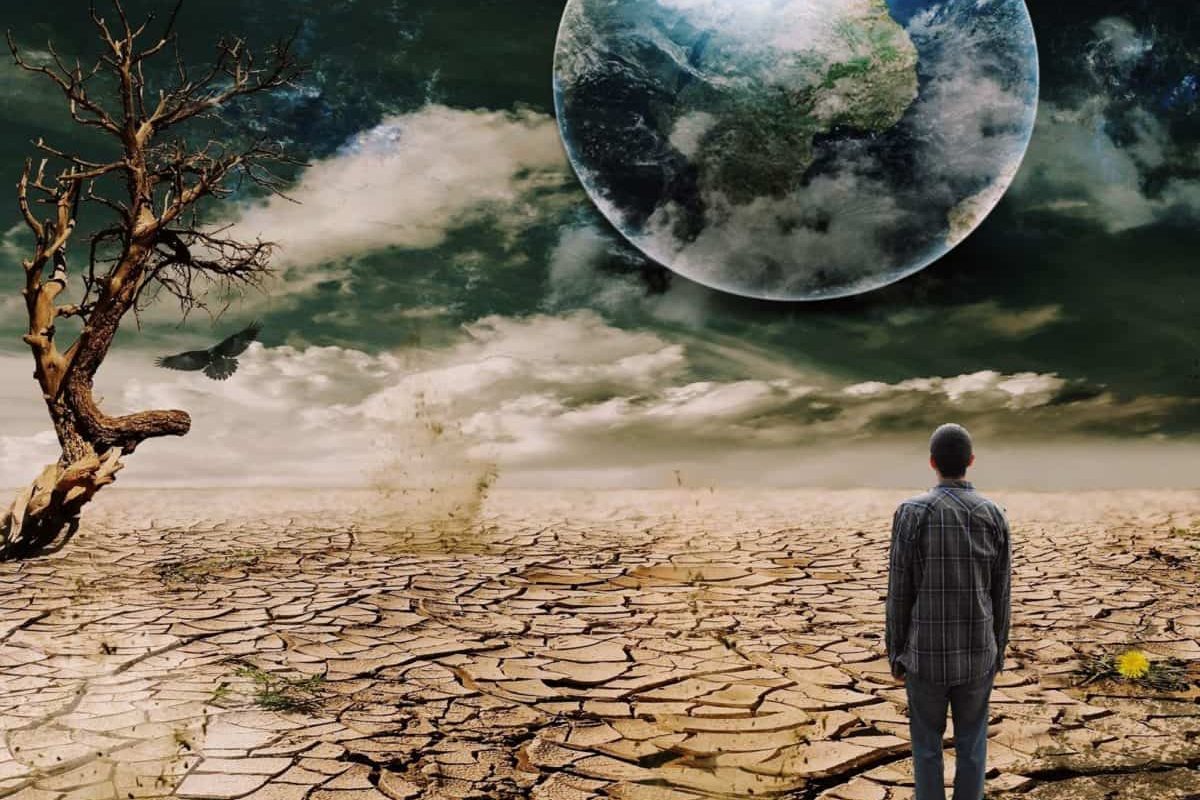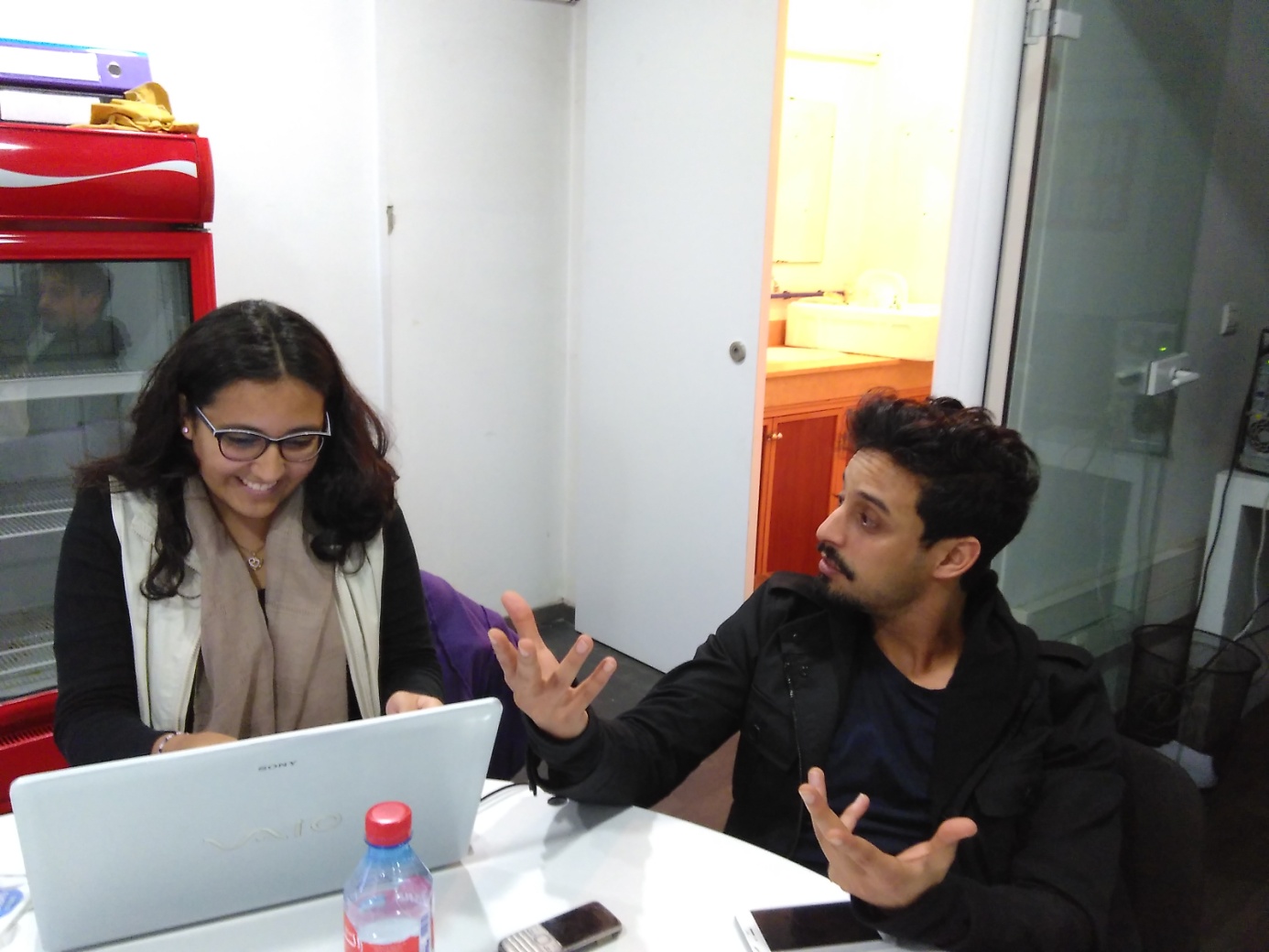Sustainability is a broad policy concept in the global public discourse and is thought to consist of at least three main « dimensions » or « pillars »: the environmental, economic, and social dimensions. It seeks to reconcile economic growth, environmental balance, and social progress, ensuring that all people have the same opportunities and can lead a better life without compromising the planet.
Indeed, our planet has hit its limits. Therefore, we should all start looking at solutions in order to maintain a good living within our planet.
Morocco has already started in this process. In fact, it is among the top ten most climatically conscious countries and number one in the developing world based on criteria including CO2 emissions, renewable energy development, efficiency, and climate policy in Africa. In addition, Morocco is considered a leader in solar power and home to the world’s biggest solar power farm : Noor Ouarzazate. Due to its advanced strategy, Morocco plans to run 52% of the country’s energy needs from renewable energy by 2030, and may reach 100% by 2050.
Moreover, the country invests in all the domains in order to be sustainable. Indeed, in order to protect its citizens from the effects of climate change, Morocco plans to invest around $35 billion over the next decade in climate-vulnerable industries including water, forestry and agriculture. This latter one has already begun being improved : Moroccan farmers have transitioned to a high efficiency drip irrigation system which increases agricultural production and lessened water use and waste. This initiative is a great start because Morocco is ranked among the top 25 most water-stressed countries in the world.
However, the country deals with all the meaning of being sustainable, it has policies in order to protect the environment. This could be seen through the plastic bags prohibition in 2016, or the adoption of a National Strategy for Waste Management in 2008, which is a comprehensive policy planning to achieve a nationwide professional waste collection rate of 100% by 2030.
However, a country depends on its citizens. Thus, to improve the country, the first thing to do is educate the citizens and make them realize the changes that need to be made. In this way of thinking, the king of Morocco, Mohammed VI, founded in 2001 the Mohammed VI Foundation for the Protection of the Environment, which is currently directed by Princess Lalla Hasnaa. This organization focuses on environmental education, coastal protection, responsible tourism and many more. It is also a member of the international Foundation for Environmental Education. Furthermore, due to the environmental education strategy, a recent United Nations survey found that 68% of Moroccans accept the reality of climate change, and over half indicated the necessity of taking urgent measures to mitigate its consequences.
However, the older generation is still not aware of the gravity of the situation. Indeed, Moroccan families have a tendency to waste water and food. Different initiatives can be taken in order to help them become more responsible, such as informing them about the dangerous situation through national ads to sensitize and prevent waste. Or, if we take the example of France, it’s supermarkets were required to redistribute leftover food to charities to stop food waste.
Finally, the pollution is increasing in Morocco because of the lack of garbage cans. Indeed, the public disposal sites are generally few and far between, but become even scarcer in the country’s most low-income neighborhoods. Thus, we can invest in a more complete infrastructure in order to encourage people to not pollute. Transportation also causes big pollution problems. In fact, most Moroccan citizens move from place to place using a fuel car which pollutes a lot and contributes to global warming. We can then deal with this problem by many facets. For example, in Israel, a new app could hold the key to creating faster, cleaner and more convenient commutes. Users enter their location and destination, and an algorithm calculates the most efficient journey, reducing by that CO2 emissions.
To summarize everything, we should all be responsible enough in order to curb the ever increasing environmental damage. Indeed, every little action, no matter how small it is, can lead to a big change. Morocco has already begun in the process of changing and improving its ecology. However, it’s up to us, its citizens, to speed or slow these changes.
El Yousfi Habiba



